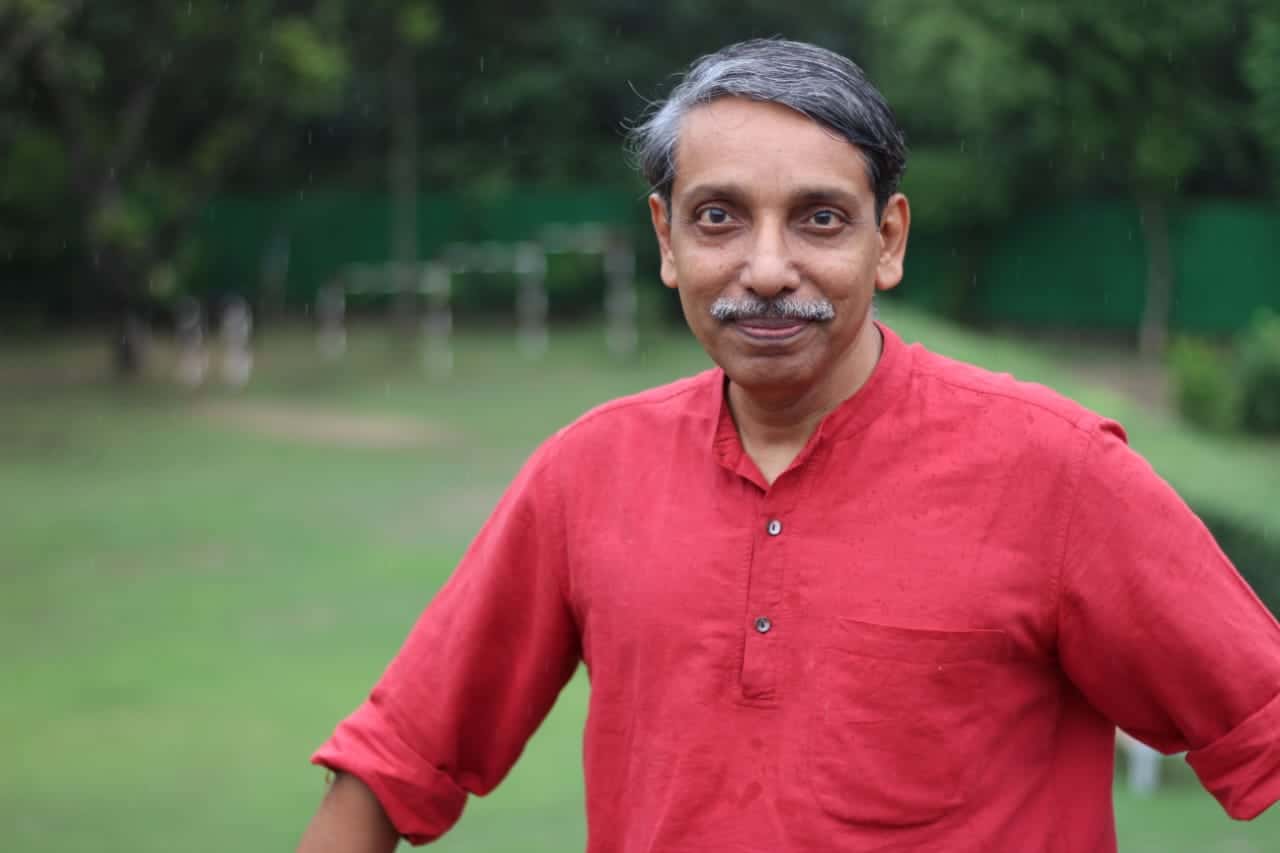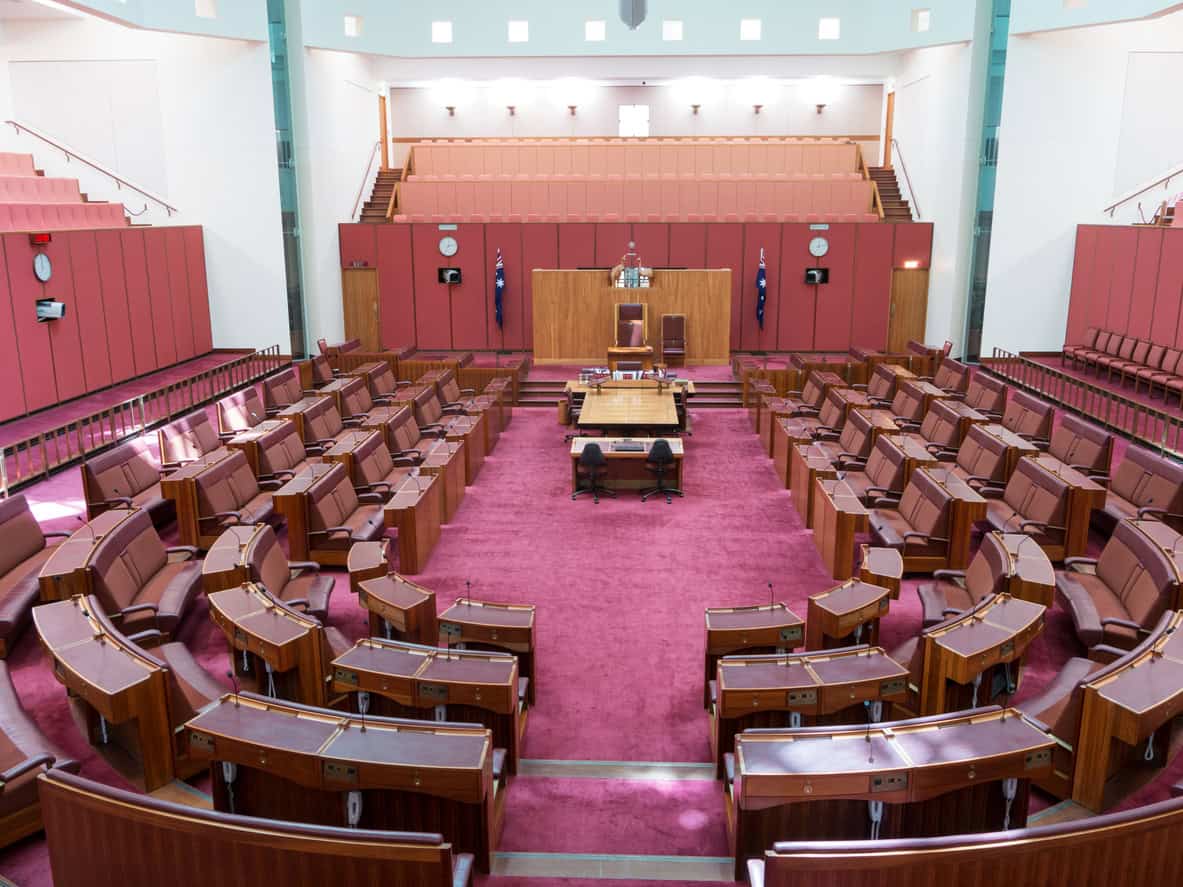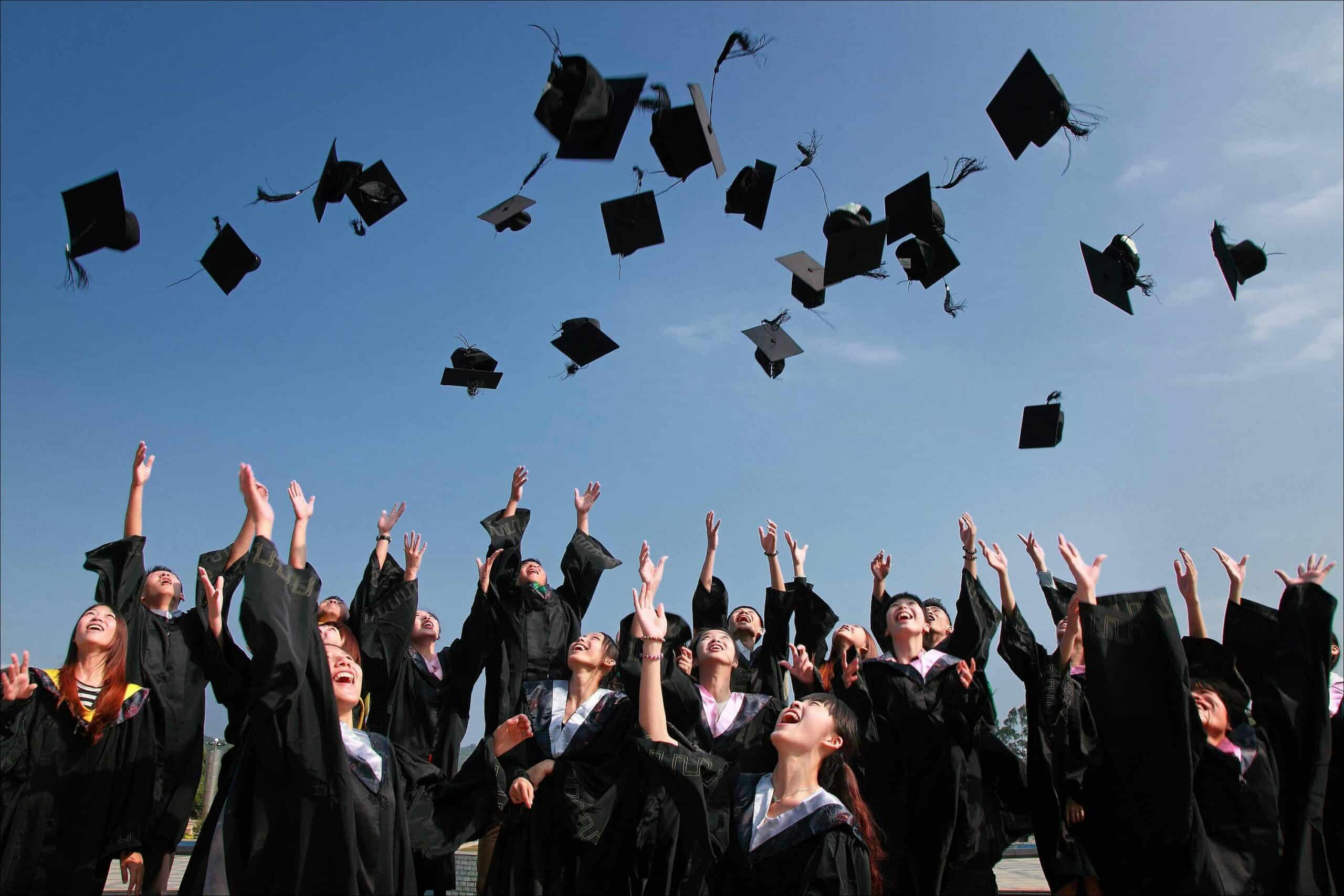With some of India’s national-level entrance tests marred by irregularities, University Grants Commission chairman Mamidala Jagadesh Kumar told The PIE News that the group – chaired by former ISRO chairman Koppillil Radhakrishnan – will probe the exam process. `
“The seven-member committee comprises members from the government, government organisations, academia, and higher educational institutions. The committee will make recommendations on reforms in the mechanism of the examination process, improvement in data security protocols, and structure and functioning of the NTA,” said Kumar.
The national medical exam, the National Eligibility Entrance Test – held on May 5 – saw accusations of paper leaks and impersonation of candidates in states across India, with 1,563 candidates being awarded grace marks due to “loss of time”.
Meanwhile, the Ministry of Education cancelled the University Grants Commission’s National Eligibility Test due to integrity issues highlighted by the National Cyber Crime Threat Analytics Unit. The test is used to determine the eligibility of candidates for junior research fellowship, assistant professors and PhDs in Indian universities and was supposed to take place on June 18.
Over 1.1 million candidates will now be taking the rescheduled exam between August 21 and September 4.
“The committee is expected to conduct a detailed review of the SOPs and protocols of the NTA, and also suggest measures to strengthen them with monitoring mechanisms,” Kumar told The PIE.
Focusing on the National Education Policy 2020’s promise to build accessible and quality education in India, the UGC is set to train over 1.5 million teachers across India in the next two to three years, according to Kumar.
“UGC has launched a full-fledged teachers’ training programme known as the Malaviya Mission Training Programme. Presently, we have launched a two-week online capacity-building programme for faculty members that have been meticulously designed in the themes of NEP 2020,” Kumar told The PIE.
“It is in synergy with the erstwhile Pandit Madan Mohan Malaviya National Mission on Teachers and Teaching (PMMMNMTT) Centres and Human Resource Development Centres (HRDCs) of the UGC. The existing HRDCs & PMMMNMTTs shall cohesively work to train the teachers.”
The statutory body, which operates under India’s Department of Higher Education, has also established 116 Malaviya Mission Teacher Training Centres throughout the country, which provide various teacher training programs.
In addition, the prestigious public technical and management institutes IITs and IIMs have also been chosen to implement the Nurturing Future Leadership Program under MMTTP.
“There are certain types of programmes that are being offered under the MMTTP. The programmes are NEP Orientation & Sensitisation Programme, Faculty Induction Programme, Short-term Programme & Refresher Course,” said Kumar.
“Further, in light of the G20 New Delhi Leaders’ Declaration, certain priority areas of NEP 2020 were identified, and additional programmes were also added to the MMTTP. These programmes include Capacity Building on Design & Entrepreneurship, Teacher Connect Programme, Capacity Building Programme on Specific Learning Disabilities and Academic Leadership Programme.”
With internationalisation being a key component for the development of NEP, the UGC has announced a new policy encouraging biannual admissions in Indian universities.
Keeping up with international universities, Indian higher education institutions can now hold admissions twice a year – in January and July.
“Currently, Indian universities admit students only once a year, starting in July/August. This is restrictive [and] limiting in nature, where students have to wait for another entire year to get admitted in the courses they wish to undertake,” said Kumar.
“UGC has extended flexibility to universities offering regular programmes, online & ODL programmes as well. Starting this academic year, universities can choose to admit students twice a year, in January/February and July/August.”
Although the new policy is optional for universities, with many having to consider their student intake, programs, infrastructure, and internal regulations before moving towards it, there are numerous benefits to biannual admissions, Kumar explained.
Enabling students to pursue internships, apprenticeship and including the credits in the programme will encourage students to know the Indian markets
Mamidala Jagadesh Kumar, UGC
“Students who miss the July deadline due to delayed results, health concerns, or personal reasons can start their academic journey in January, without losing out on a year. Biannual university admissions will help students maintain motivation since they do not have to wait one full year to be admitted if they miss admission in the current cycle.”
India’s higher education market is expected to grow exponentially in the coming years, with some estimates predicting it to reach $225 billion by FY25.
Recognising this growth, UGC is working on areas concerning new-age students.
“Skilling the youth while undergoing courses is also something that we have taken up. Enabling students to pursue internships, apprenticeship and including the credits in the programme will encourage students to know the Indian markets. Integrating skill, vocational, and experiential learning into general education is also something that we are very active about. The National Credit Framework would help achieve this vision,” Kumar told the PIE.
Highlighting industry-academia collaboration as the need for Indian higher education, with initiatives like professor of practice, research and development cells, industry relations cell, and centres for collaborations, Kumar stated that artificial intelligence and emerging technologies are also booming in Indian space.
“We are also committed to the betterment of students’ mental and physical fitness on the campuses. Equity and inclusivity are the pillars of the Indian education system and UGC is strengthening them through multiple initiatives focused on increasing the participation of students belonging to different socio-economic backgrounds,” Kumar added.
#UGC #crack #Indian #entrance #exam #cheating










